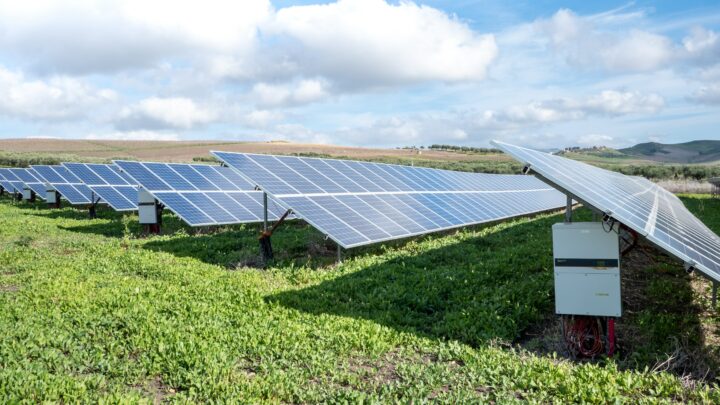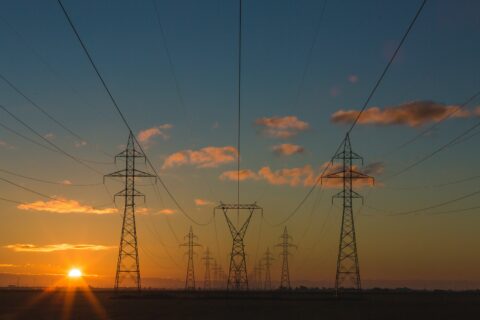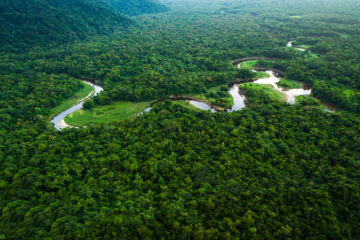Paraguay strengthens its energy policy supported by Uruguay and Germany

An initiative aimed at sustainable energy use and energy efficiency.
Almost all of Paraguay’s domestic primary energy supply is renewable. However, according to the research “Paraguay Energy Outlook 2050”, more than 39% of final energy consumption is based on imported fossil fuels (diesel and gasoline in large proportion), which are especially used for transportation, while the incidence of electricity in final consumption is slightly over 17% (United Nations Development Program, UNDP, 2021, p.5).
In 2017, Germany, Paraguay and Uruguay agreed to cooperate on issues related to sustainable energy supply and, two years later, the project “Affordable and Sustainable Energy for Paraguay: Implementing the 2040 National Energy Policy”, began its execution. The initiative’s main aim was to provide Paraguay with practical mechanisms to encourage the use and incorporation of alternative and competitive renewable and sustainable energy sources in the framework of a greener, more diversified, decentralized and affordable energy matrix (SIDICSS, 2022).
This project was supported by GIZ, through the Regional Fund for Triangular Cooperation in Latin-America and the Caribbean, and it was based on two pillars: renewable energies and energy efficiency. It also included activities related to regulatory frameworks, electric mobility and the review of the efficiency plan, among others (Ministry of Foreign Affairs of Paraguay, 2019).
Throughout the project Paraguay was represented by the Vice-Ministry of Mines and Energy (VMME by its Spanish acronym), the Technical Secretariat for Planning (STP by its Spanish acronym) and the General Unit of Energy Resources of the Ministry of Foreign Affairs. The Ministry of Industry, Energy and Mining of Uruguay (MIEM by its Spanish acronym) was also part of the project, which was the first Triangular Cooperation initiative between these three countries.
It was organized in five phases between 2017 and 2021. The first three, from 2017 to 2019, included the project’s design and part of its implementation through technical exchange of experiences and on-site visits to energy efficiency laboratories. The two final stages took place between 2020 and 2021, during which consultancies, a mid-term evaluation and training activities, among others, were carried out (Vice-Ministry of Mines and Energy, 2021).
The following outcomes were highlighted in the final report presented by the Vice-Ministry in July 2021:
- Renewable energy: technical capacities for innovation in the use of renewable energies; knowledge for decision making in innovation for load distribution systems and technological alternatives.
- Energy efficiency: inputs for the implementation of energy efficiency labeling of efficient appliances, including a guide for the use and identification of possible obstacles in the process.
It is also worth noting that, in early 2022 and after completing several electrification plans with energy from hydroelectric power plants in Bahía Negra, Paraguay became the only country in the world with 100% clean and renewable electricity generation (El Periódico de la energía, 2022). This initiative, which strengthens Paraguay’s energy policy, contributed to the achievement of SDG 7 (Affordable and clean energy).
December 2022
***
Sources: El Periódico de la energía (2022), Ministry of Foreign Affairs of Paraguay (2019), United Nations Development Program (UNDP, 2021), Vice-Ministry of Mines and Energy (2021).
Photograph: Sungrow EMEA in Unsplash

